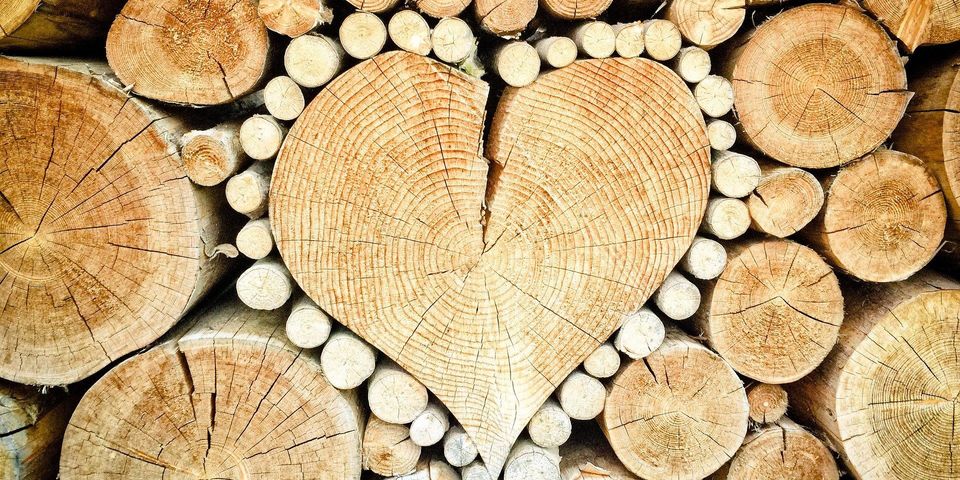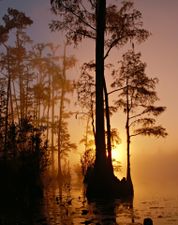
Logging is the process of cutting trees and preparing them to be repurposed. In many cases, trees removed from residential or commercial settings can be transformed and reused for home construction or building furniture. Discover some of the most common types of logs in the U.S. below.
5 Tree Species Commonly Used in Logging
1. Cypress
Red and yellow cypress logs are known for their ability to resist decay. Found across the southern Atlantic states, this species is one of the more expensive varieties used in logging.
2. Red Oak
 Ranging in color from tan to brown with a characteristic hint of red, the red oak log shrinks significantly during the drying process. These trees are indigenous to many parts of the U.S., including southern states, Atlantic coastal plains, and central regions.
Ranging in color from tan to brown with a characteristic hint of red, the red oak log shrinks significantly during the drying process. These trees are indigenous to many parts of the U.S., including southern states, Atlantic coastal plains, and central regions.
3. White Oak
Used in logging applications requiring a lighter wood, white oak can have a tan or gray appearance when sold in the heartwood variety, while the sapwood is nearly white. Like its cousin, the red oak, white oak logs decrease in size when dried. They’re found throughout the south Atlantic and Appalachian regions.
4. Yellow Pine
An affordable log style widely used for framing and flooring, yellow pine can be reddish-brown, yellow, or white in color. It holds up fairly well against decay and can be found in many southern states, such as Georgia, Alabama, and Louisiana.
5. Eastern White Pine
Native to the eastern U.S., these evergreens are known for their feathery needles. Their logs are well-suited for various applications, thanks to their moderate price and low shrinkage rate.
If you have trees on your property that you’re ready to clear away, the logging experts from Rick’s Tree Service can help. Serving Liberty, Brown, and McIntosh counties, this team of professional arborists provides comprehensive tree services. Explore their full range of solutions, including shrub and tree removal, stump grinding, and storm cleanup, by visiting their website. Or, call (912) 617-4880 to discuss your needs with one of their experts.
About the Business
(3 reviews)
Have a question? Ask the experts!
Send your question

